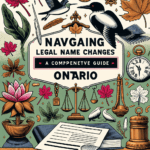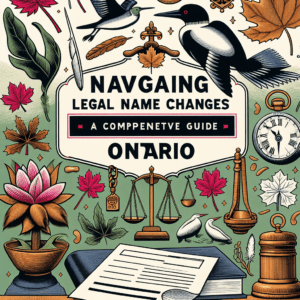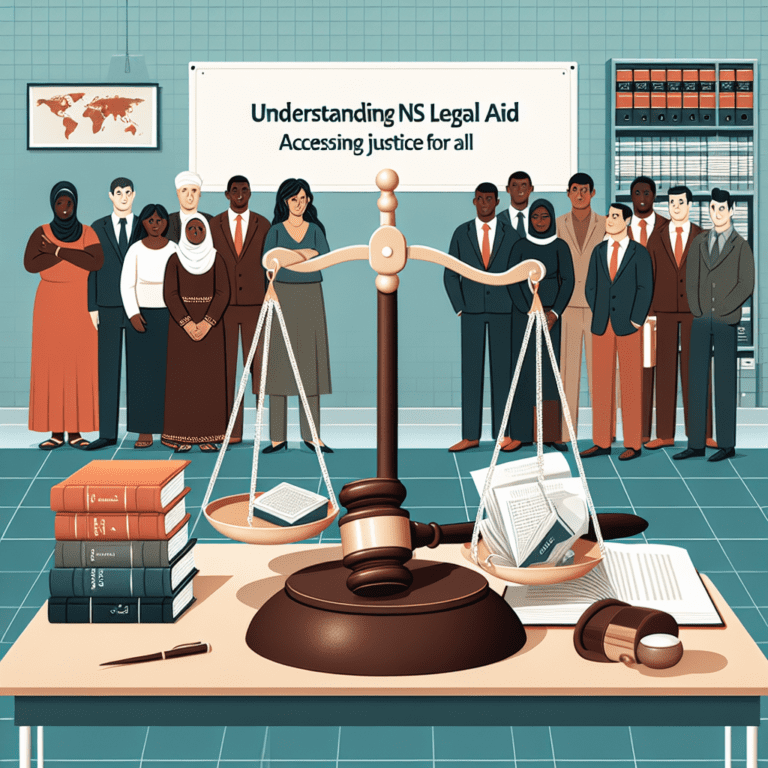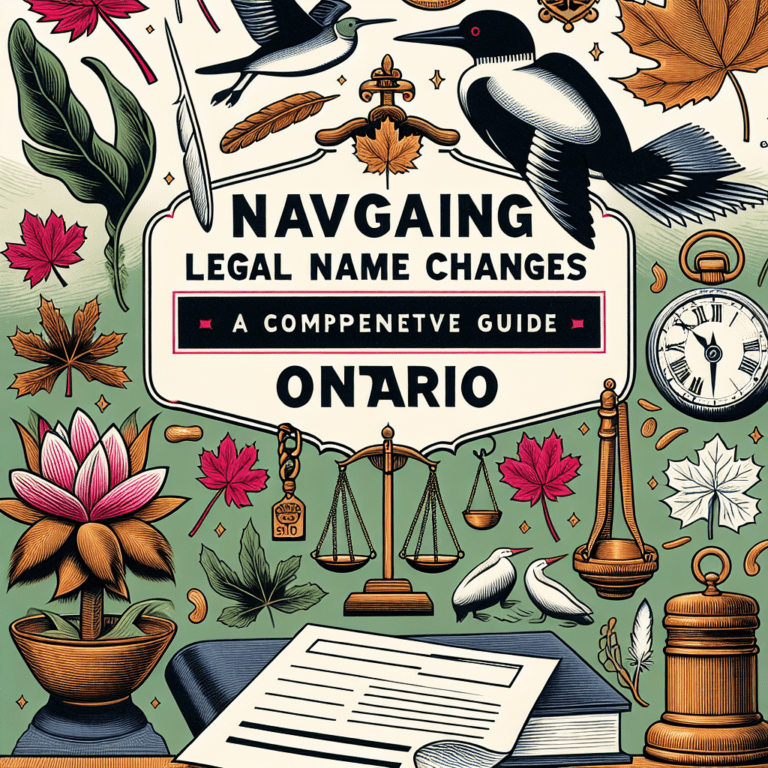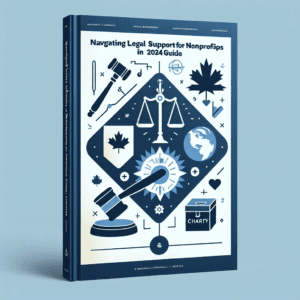===INTRO:===
Navigating the complexities of family law can be emotionally taxing and overwhelming. In 2024, family law mediation services in Canada offer a pathway toward resolution that aims to alleviate stress while prioritizing the best interests of all parties involved. These services provide an alternative to traditional court proceedings, which can be lengthy, costly, and fraught with conflict. Individuals seeking to resolve disputes regarding custody, property division, or support may find mediation to be a more compassionate and efficient solution. This article explores the landscape of family law mediation services across Canada, highlighting key benefits and processes that make mediation an appealing option for families in transition.
Understanding Family Law Mediation Services Across Canada
Family law mediation is a structured process where a neutral third party, the mediator, facilitates discussions between disputing parties to help them reach a mutually acceptable agreement. In Canada, mediation services vary by province, reflecting local laws and community standards. Each jurisdiction has its own approach, with some provinces offering government-funded mediation programs while others rely on private practitioners. This diversity allows families to find a mediation service that aligns with their needs, whether they seek a formal setting or a more informal, relaxed environment.
The increasing popularity of mediation in family law can be attributed to its effectiveness in addressing a range of family disputes. Unlike litigation, which can often exacerbate tensions and lead to further discord, mediation aims to foster communication and collaboration. Mediators are trained to handle sensitive issues such as parenting arrangements and financial settlements, providing a safe space for parties to express their concerns and aspirations. This approach encourages participants to focus on solutions rather than dwelling on past grievances, ultimately leading to more sustainable agreements.
Furthermore, family law mediation services can significantly save time and resources. Traditional court proceedings can stretch on for months or even years, often resulting in significant legal fees and emotional distress. Mediation sessions are typically more streamlined, allowing families to resolve their issues in a matter of weeks. As a result, families are able to move forward with their lives more quickly and with less tension, making mediation an intelligent choice for those looking for efficient and amicable resolution pathways.
Key Benefits and Processes of Mediation in Family Law
The advantages of family law mediation extend far beyond time and cost savings. One significant benefit is the enhanced control participants have over the outcomes. In court, a judge makes decisions that can profoundly impact the lives of the parties involved, often without a full understanding of the family’s unique dynamics. Conversely, mediation empowers individuals to negotiate terms and conditions that resonate with their specific circumstances. This sense of ownership can lead to more satisfactory outcomes and decrease the likelihood of future disputes.
Another critical aspect of mediation is its inherently flexible nature. The mediation process can be tailored to the needs of the participants, allowing them to set the pace and structure of discussions. Unlike court proceedings, where strict rules apply, mediation encourages open dialogue, enabling parties to explore creative solutions that might not be available within the confines of traditional legal frameworks. This flexibility is particularly valuable in family law matters, where emotional and relational nuances can significantly impact the effectiveness of resolutions.
Moreover, mediation can significantly improve communication between parties, paving the way for healthier family dynamics moving forward. The skills acquired during mediation sessions—such as active listening and empathy—can be invaluable in fostering future interactions. For separated or divorced parents, maintaining a cooperative relationship is crucial for the well-being of their children. By working together in a mediated environment, parents can establish a foundation of respect and collaboration, which directly benefits the entire family.
===OUTRO:===
In conclusion, family law mediation services in Canada in 2024 represent an innovative and compassionate approach to resolving disputes. With a focus on collaboration, communication, and customized solutions, mediation not only addresses immediate concerns but also equips families with tools for healthier interactions in the future. As you consider your options for navigating family law issues, exploring these services may lead you to a more satisfactory and expedited resolution. Whether you are facing custody challenges, property disputes, or support disagreements, engaging with a mediator could be the key to achieving a harmonious outcome. For more information on family law mediation services, consider consulting with professionals in your area to learn more about how they can support your unique situation.
Navigating Legal Aid Options for Refugees in Canada 2024Exploring Human Rights Legal Support in Canada: 2024 InsightsNavigating Legal Support for Wrongful Termination in Canada 2024Relevant LinkRelevant LinkRelevant LinkUnderstanding LegalZoom Billing: Fees, Structure, and InsightsUnderstanding LegalZoom’s Basic Will: Key Features ExplainedUnderstanding LegalZoom’s Business Address Services ExplainedRelevant LinkRelevant LinkRelevant LinkUnderstanding Legal Self-Defense Weapons in CanadaUnderstanding Legal Paper Size: Dimensions and Uses ExplainedNavigating Legal Name Changes in Ontario: A Comprehensive GuideRelevant LinkRelevant LinkRelevant Link


